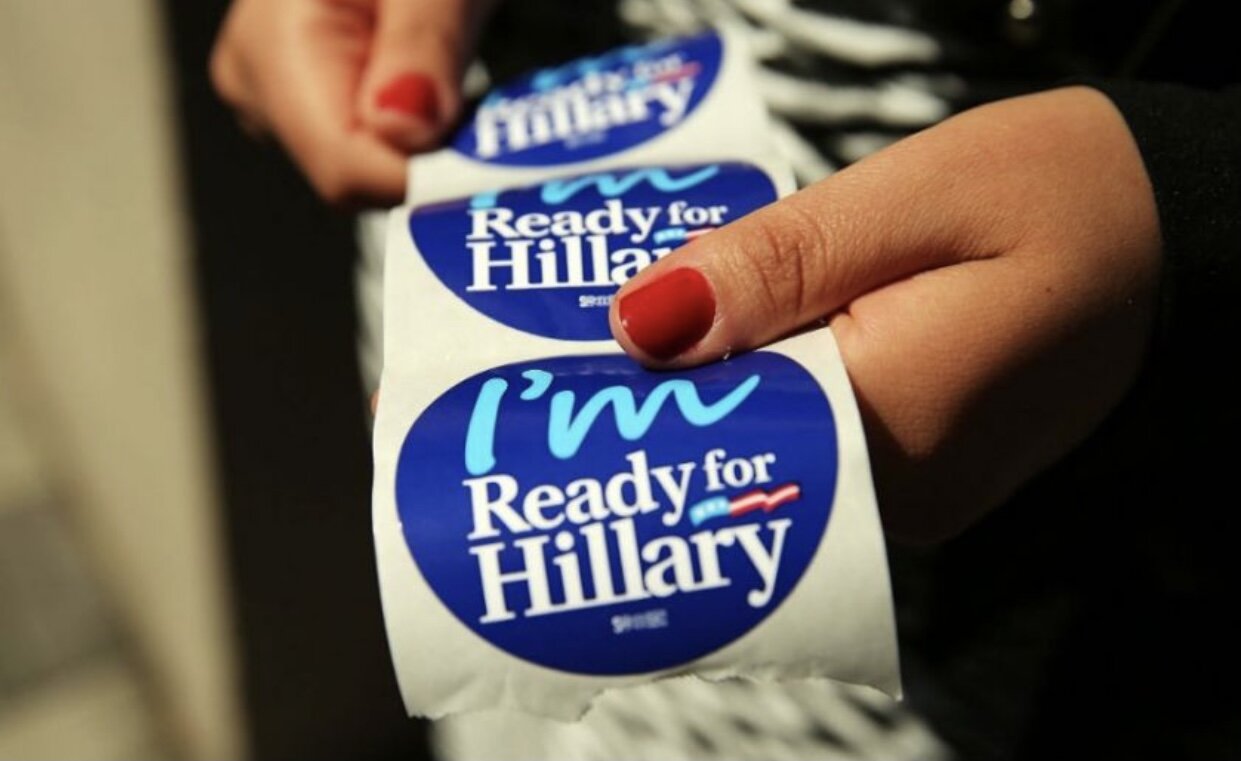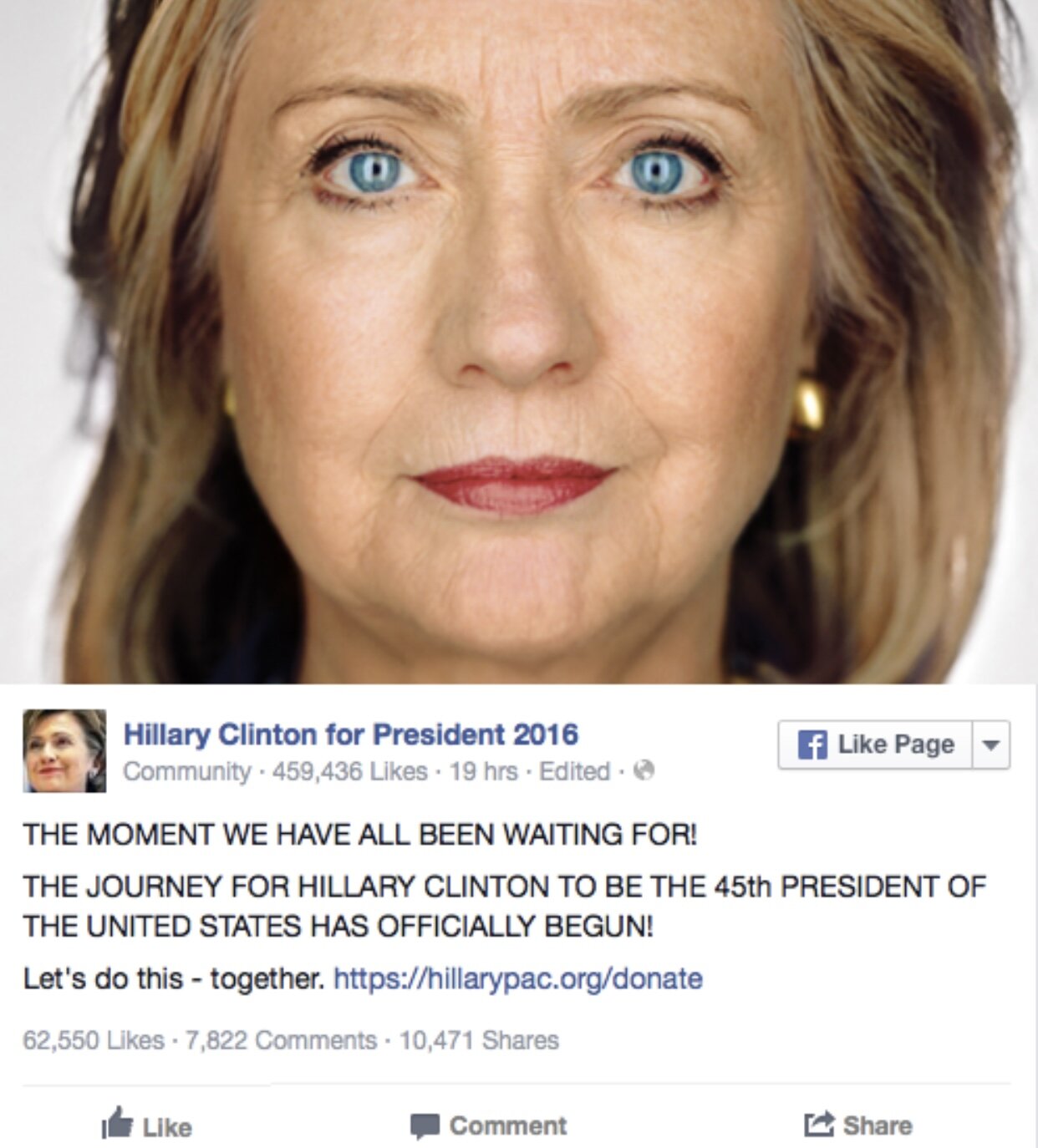As a senator, Hillary had taken the lead in rooting out DRC corruption and violence. In 2006 she was one of the first to sign on as a cosponsor of the Democratic Republic of the Congo Relief, Security, and Democracy Promotion Act of 2006-one of only twelve cosponsors in the Senate.
The legislation-which was authored by then senator Barack Obama-included provisions on human rights, corruption, and sexual violence. It also addressed the issue of conflict minerals, the illicit trade in valuable minerals that fuel much of the country's violence.
The bill had teeth, giving the US secretary of state real power and authority to combat the country's problems. The bill was passed by the Senate and House, and President George W. Bush signed it into law.
Hillary was also a vocal supporter of the Enough Project, an initiative launched by the liberal Center for American Progress. The project called for an international certification system that would require DRC mining companies and end users to account for their minerals' origins.
A similar program had been established several years earlier for the diamond trade. Soon after Hillary arrived in Kinshasa, former NBA star Dikembe Mutombo, who was from Congo, took her on a tour of a hospital built in honor of his late mother.
Mutombo worked with both the Clinton Foundation and the Clinton Global Initiative (CGI) on projects in the region. Hillary spoke with students about her commitment to helping Congo turn things around. "We know that the promise of the DRC is limitless," she told them. "We will help you build a strong, civilian-led government that is accountable and transparent."
From Kinshasa she hopped aboard a UN plane (her US aircraft was too big) to visit President Joseph Kabila in the eastern city of Goma. There she talked about efforts to reduce the rapes and sexual violence that had terrorized the population.
Clinton with President Kabila.
She talked about the lucrative mining trade in the country, too. "I am particularly concerned about the exploitation of natural resources, like the mining and the timber, where the resources do nothing to help the people of this country," she said in front of the international media.
Her words were strong. But her actions during her tenure as secretary of state came nowhere near the positions she had taken while in the US Senate. As one scholar from Johns Hopkins University put it, the law she had cosponsored was "never implemented" by Secretary of State Clinton.
Furthermore, in 2011 the DRC government held national elections that were widely condemned. But the State Department showed little interest in trying to remedy them.
When the Congolese government changed its constitution midelection in favor of President Kabila, the State Department called it an “internal affair." When the United Nations Group of Experts linked Congolese militia groups to the neighboring government in Rwanda, it was proof of Rwanda's military intervention into Congo that had contributed to hundreds of thousands of deaths.
Some have asserted that Hillary's State Department sought to block or delay the publication of the damning portion of the investigation and “quietly" asked Rwanda to stop its support for the rebellion.
What happened between 2006, when Hillary took those strong positions, and 2009, when she became secretary of state? Did she change her position? And if so, why? We can't ultimately know why she carried out the policies that she did, but we can notice where changes in policies conformed with the interests of Clinton Foundation large donors.
On January 20, 2007, Hillary Clinton sat on a gold colored sofa in her Washington, DC, home and announced via the Internet that she was forming an exploratory committee and filing with the Federal Election Commission (FEC) to seek the presidency.
"I'm in," Hillary declared. “And I'm in to win." Poll numbers gave her reason to be confident. With George W. Bush's poll numbers in a free fall, there was a sinking feeling in Republican circles that the GOP would have a hard time keeping the White House. And among Democrats, Hillary was the early front-runner. Pundits, pollsters, and the American public were not the only ones paying attention.
Hillary's announcement, in the weeks and months to follow, sent a cascade of foreign dollars flowing into the Clinton Foundation and into the Clintons' own pockets. Significant funds came from foreign investors with massive investments in troubled corners of the world. Securing access to African business opportunities had often required paying bribes to government officials.
Now these investors were looking for access and political cover at the highest levels of power in Washington. A few months after Hillary's presidential announcement, on July 6, 2007, the Clinton Foundation announced that a reclusive Swedish mining investor named Lukas Lundin was committing $100 million through a charity called Lundin for Africa.
According to the announcement, "the Lundin for Africa commitment will be aimed, in large part, at approved projects in Africa, where the Lundin Group has significant mining, oil, and gas interests.
Lukas Lundin
Lundin lived in Vancouver, Canada, and used a series of offshore trusts to manage his business affairs. A friend of Frank Giustra, Lundin was the head of a sprawling enterprise that cut deals with African warlords and dictators to gain access to valuable minerals and oil.
As one longtime observer put it, the company "pursued a strategy of operating in countries under sanctions" and "building assets in countries such as Libya, Iran, and Sudan, where many other competitors were unable to operate.”








